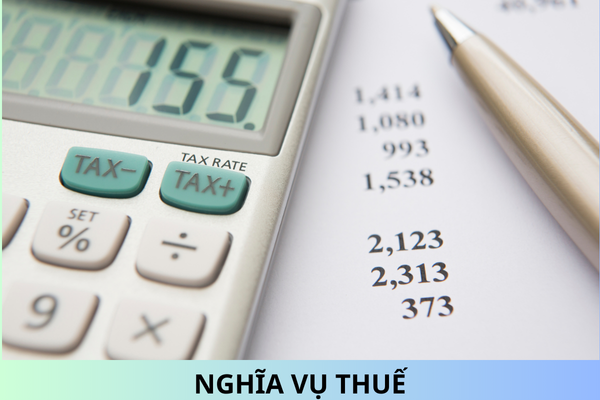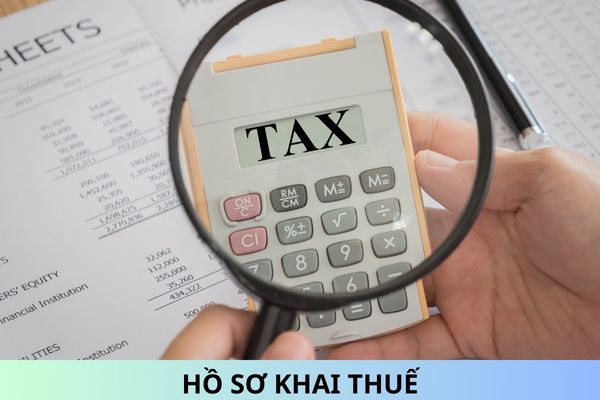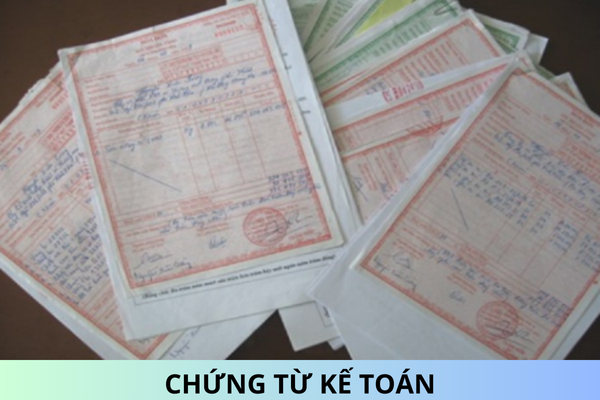What is determined time for exchange rate applied to conversion of tax liabilities that need to be collected from taxpayers completing tax declaration forms in foreign currencies in Vietnam?
What is determined time for exchange rate applied to conversion of tax liabilities that need to be collected from taxpayers completing tax declaration forms in foreign currencies in Vietnam? What beginning and ending days do accounting periods start in Vietnam?
Hello, my company pays taxes and declares taxes in foreign currencies, so I don't know what is determined time for exchange rate applied to conversion of tax liabilities? Is it tax payment time or accounting time? Please advise.
What is determined time for exchange rate applied to conversion of tax liabilities that need to be collected from taxpayers completing tax declaration forms in foreign currencies in Vietnam?
Pursuant to Article 7 of Circular 111/2021/TT-BTC stipulating unit of account is as follows:
1. The unit of account used in tax accounting operations is Vietnamese dong, used for recording entries into accounting books, preparing and representing tax accounting reports.
2. During their tax administration process, if tax authorities discover that any taxpayer completes tax declaration forms or pays taxes in foreign currencies as per the Law on Tax Administration and other written documents providing guidance on implementation of this Law, they must convert these foreign currencies into Vietnamese dong when collecting tax accounting inputs for use in creating tax accounting books, preparing and presenting tax accounting reports in Vietnamese dong. This action is specified as follows:
a) The exchange rate applied to conversion of tax liabilities that need to be collected from taxpayers completing tax declaration forms in foreign currencies is defined as the accounting exchange rate regulated by the Ministry of Finance (State Treasury) at the accounting time.
b) The exchange rate applied to conversion of tax liabilities that have already been collected from taxpayers paying taxes in foreign currencies is defined as the accounting exchange rate specified in accounting documents on state budget collections that State Treasuries transfer to tax authorities.
c) The exchange rate applied to conversion of overpayments in foreign currencies that can be used for offsetting state budget collections or repaid by the state budget into Vietnamese dong is defined as the exchange rate prescribed in point a.5 of clause 1 of Article 25 and clause 4 of Article 46 in the Circular No. 80/2021/TT-BTC dated September 29, 2021 of the Ministry of Finance, providing guidance on implementation of several Articles of the Law on Tax Administration, and the Government’s Decree No. 126/2020/ND-CP dated October 19, 2020.
Thus, when exchange rate applied to conversion of tax liabilities that need to be collected from taxpayers completing tax declaration forms in foreign currencies, it is the accounting exchange rate regulated by the Ministry of Finance (State Treasury) at the accounting time in Vietnam.
What beginning and ending days do accounting periods start in Vietnam?
According to Article 8 of Circular 111/2021/TT-BTC, accounting period is as follows:
1. The accounting period coincides with the calendar year which is denominated as the accounting year composed of 4 numerals according to the following specific regulations:
a) The accounting period starts on January 1 and ends on December 31 of a calendar year.
b) The first accounting period of a newly-founded accounting unit is determined as the period from the beginning of the effective date of the decision on incorporation, split-up, split-off, amalgamation and merger of that accounting unit to end of December 31 in the calendar year.
c) The final accounting period of the accounting unit that is split up, split off, amalgamated or dissolved is determined as the period from January 1 of the calendar year to end of the day preceding the effective date of the decision on split-up, split-off, amalgamation and dissolution of the tax accounting unit.
d) The time length of the first or final accounting period shall be subject to the instructions given in the Law on Accounting and other instructional documents thereof.
2. Period-based accounting principles
a) The tax accounting day is defined as the day on which entries on accounting books or records are imported into the tax accounting Subsystem.
b) The day of collection of tax accounting inputs must is accepted according to the principle that it is the day on which any tax accounting activity arises, or is not later than the day following the aforesaid day. Except statutory days-off, the information collection day is the working day following these days-off.
c) Where any adjustment in tax administration activities already recorded in the prior accounting period's report during the period of preparing that report is made by the closing day of that accounting period, such adjustment shall be recorded in the prior accounting period and identified by the information about the accounting year specified in clause 1 of this Article.
d) After the closing day of an accounting period, any adjustment in data belonging to the prior accounting period can be made only at the request of a competent regulatory authority and according to clause 3 and 4 of Article 27, as well as clause 2 and 3 of Article 30 herein.
3. Opening or closing an accounting period
a) Opening an accounting period is the act of setting an open status on the tax accounting Subsystem from the start date of any accounting period specified in clause 1 of this Article to enable the act of updating tax accounting inputs, documents; recording entries in accounting books; revising or deleting data available on tax accounting books by the tax accounting Subsystem.
b) Closing an accounting period is the act of setting a close status of that accounting period on the tax accounting Subsystem to prevent the act of updating tax accounting inputs; updating tax accounting documents; revising or deleting data available on accounting books by the tax accounting Subsystem.
c) The time of close of an accounting period is the last day of the third month subsequent to the closing day of the accounting period. Where the closing day of an accounting period coincides with a statutory day-off, it falls on the day promptly after that day-off. Where any delay in the close of an accounting period is needed due to any objective cause, such delay must seek approval from the General Department of Taxation.
During the period from the ending day of the accounting period to the close day of the accounting period, all adjusted tax-accounting data can be recorded according to the accounting year information specified in clause 1 and 2 herein.
During the period from the close day of the accounting period to the day before the day of approval an accounting report by a competent authority, the tax authority submitting that accounting report is authorized to adjust the accounting year information only when being requested by the competent authority, or adjust data if the tax authority detects any error in such data with the General Department of Taxation’s approval; and then record adjusted data according to the accounting year information specified in clause 1 and 2 of this Article.
d) If not doing as mentioned above, adjusted data must be recorded in the accounting period of the current year and the budget year information is supplemented with the value "01" as a basis for an interpretation to be made in the tax accounting report of the current year.
According to this Article, the accounting period is calculated from the beginning of January 1 to the end of December 31 of the calendar year in Vietnam.
Best Regards!











